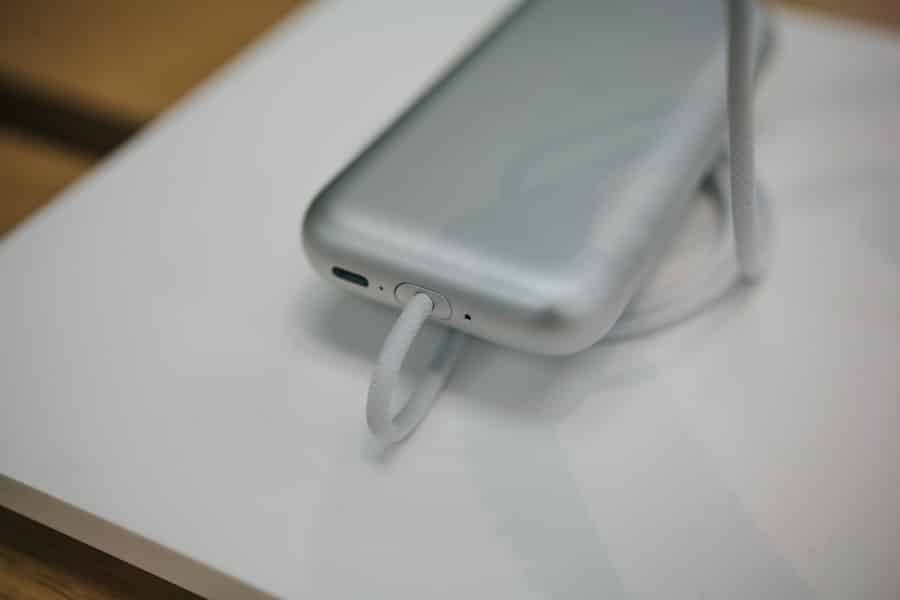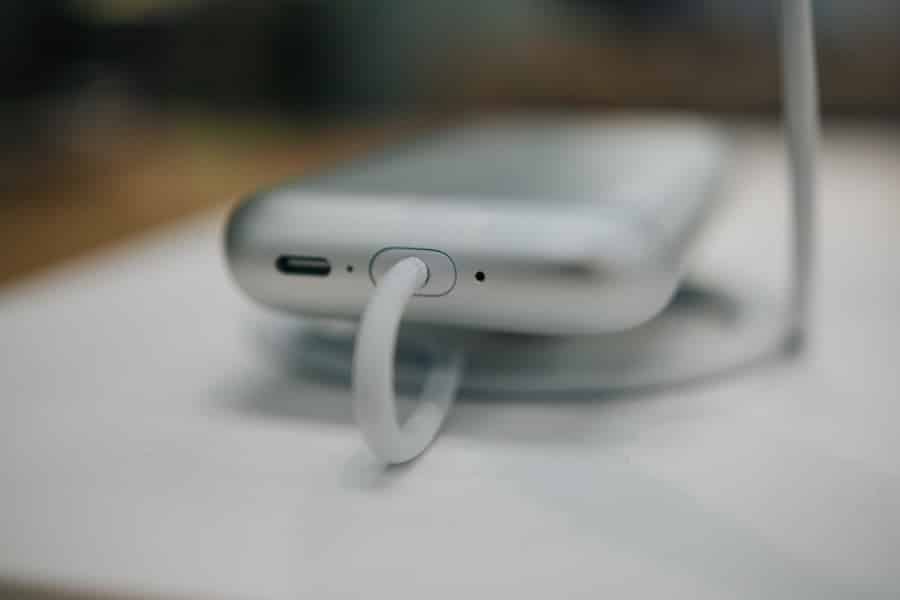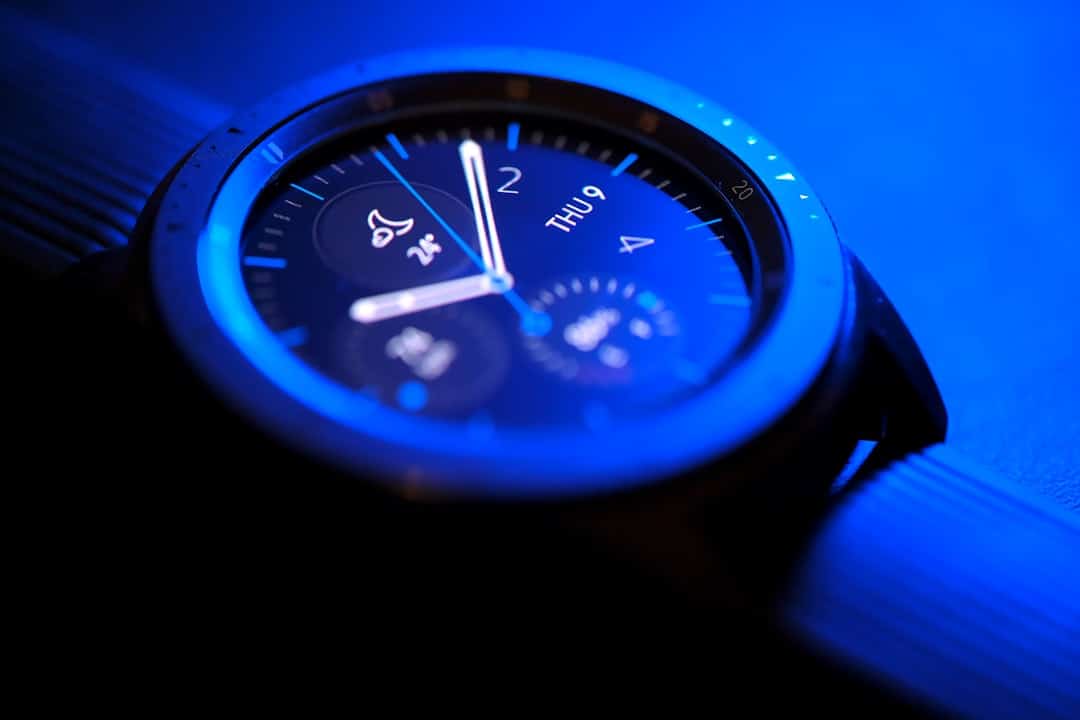The journey of mental health monitoring has undergone significant transformations over the decades, evolving from rudimentary observational methods to sophisticated technological interventions. Historically, mental health assessments relied heavily on subjective evaluations conducted by trained professionals. These assessments often involved face-to-face interviews, where clinicians would gauge a patient’s mental state through conversation and behavioral observations.
This approach, while foundational, was limited by the inherent biases of the evaluator and the patient’s willingness to disclose personal information. The lack of standardized metrics made it challenging to track changes over time or to compare data across different populations. As the understanding of mental health deepened, so did the methods of monitoring.
The late 20th century saw the introduction of standardized questionnaires and psychometric tests, which provided a more structured approach to assessing mental health conditions. These tools allowed for more consistent data collection and enabled researchers to identify patterns and correlations in mental health disorders. However, even with these advancements, the reliance on self-reported data remained a significant limitation.
Patients often struggled to accurately convey their experiences, leading to potential misdiagnoses or ineffective treatment plans. The advent of technology in the 21st century marked a pivotal shift in this landscape, paving the way for real-time monitoring and data-driven insights into mental health.
Key Takeaways
- Mental health monitoring has evolved from traditional methods to incorporating smart wearables and technology.
- Smart wearables have a significant impact on mental health by providing real-time data and insights for users and healthcare professionals.
- Technology plays a crucial role in mental health care by enabling early detection, personalized treatment, and remote monitoring.
- Smart wearables offer advantages such as convenience and continuous monitoring, but also come with disadvantages like accuracy and privacy concerns.
- The future of smart wearables in mental health looks promising with advancements in sensor technology and data analytics for better insights and interventions.
The Impact of Smart Wearables on Mental Health
Smart wearables have emerged as a groundbreaking tool in the realm of mental health monitoring, offering unprecedented opportunities for real-time data collection and analysis. Devices such as smartwatches and fitness trackers are equipped with sensors that can monitor physiological indicators like heart rate variability, sleep patterns, and physical activity levels. These metrics are increasingly recognized as vital components of mental health, as they can provide insights into an individual’s emotional state and overall well-being.
For instance, research has shown that fluctuations in heart rate variability can be indicative of stress levels, while disrupted sleep patterns are often correlated with anxiety and depression. The integration of smart wearables into daily life has also fostered a culture of self-awareness among users. By providing immediate feedback on their physiological states, these devices empower individuals to take proactive steps toward managing their mental health.
For example, a user who notices an increase in their heart rate during stressful situations may choose to engage in mindfulness practices or physical exercise to mitigate anxiety. This shift from passive observation to active engagement represents a significant evolution in how individuals approach their mental health, promoting a sense of agency and responsibility for one’s own well-being.
The Role of Technology in Mental Health Care

Technology has become an integral component of modern mental health care, facilitating access to resources and support that were previously unavailable or difficult to obtain. Teletherapy platforms have gained popularity, allowing individuals to connect with licensed therapists from the comfort of their homes. This accessibility is particularly beneficial for those living in remote areas or for individuals who may feel stigmatized seeking help in person.
The convenience of virtual therapy sessions has also led to increased engagement among patients, as they can schedule appointments that fit their lifestyles without the barriers of travel or time constraints. Moreover, technology has enabled the development of various mental health applications that offer tools for self-management and coping strategies. These apps often include features such as mood tracking, guided meditations, and cognitive-behavioral therapy exercises.
By providing users with immediate access to coping mechanisms and educational resources, these applications can help bridge the gap between therapy sessions and empower individuals to manage their mental health on a daily basis. The combination of teletherapy and mental health apps illustrates how technology can enhance traditional therapeutic practices, creating a more holistic approach to mental health care.
Advantages and Disadvantages of Smart Wearables for Mental Health Monitoring
The advantages of smart wearables in mental health monitoring are manifold, primarily revolving around their ability to provide continuous data collection and personalized insights. One significant benefit is the capacity for real-time monitoring, which allows users to track their mental health indicators throughout the day. This continuous feedback loop can help individuals identify triggers for anxiety or depressive episodes, enabling them to implement coping strategies proactively.
Additionally, the data collected by these devices can be shared with healthcare providers, offering clinicians valuable insights into a patient’s daily experiences and facilitating more informed treatment decisions. However, there are also notable disadvantages associated with the use of smart wearables for mental health monitoring. One major concern is the potential for data overload; users may become overwhelmed by the sheer volume of information generated by their devices.
This can lead to increased anxiety rather than alleviating it, particularly if individuals fixate on specific metrics or perceive their data as indicative of failure. Furthermore, there is the risk of misinterpretation of data; without proper context or guidance from a healthcare professional, users may draw incorrect conclusions about their mental health status based solely on wearable data. This highlights the importance of integrating smart wearables into a broader framework of mental health care rather than relying on them as standalone solutions.
The Future of Smart Wearables in Mental Health
Looking ahead, the future of smart wearables in mental health monitoring appears promising, with ongoing advancements in technology poised to enhance their effectiveness and usability. Innovations such as artificial intelligence (AI) and machine learning are expected to play a crucial role in refining how data is analyzed and interpreted. For instance, AI algorithms could be developed to identify patterns in an individual’s physiological data that correlate with specific mental health conditions, allowing for earlier intervention and more tailored treatment plans.
This predictive capability could revolutionize how mental health issues are approached, shifting from reactive care to proactive management. Moreover, as society becomes increasingly aware of the importance of mental health, there is likely to be greater investment in research and development focused on smart wearables specifically designed for mental health applications. Collaborations between tech companies and mental health professionals could lead to the creation of devices that not only monitor physiological indicators but also incorporate features aimed at enhancing emotional resilience and coping skills.
For example, future wearables might include biofeedback mechanisms that guide users through relaxation techniques when elevated stress levels are detected. Such innovations could further integrate mental health monitoring into everyday life, making it an essential aspect of overall wellness.
Privacy and Ethical Considerations in Mental Health Monitoring

As smart wearables become more prevalent in mental health monitoring, privacy and ethical considerations emerge as critical issues that must be addressed. The collection and storage of sensitive personal data raise significant concerns regarding user consent and data security. Individuals using these devices may not fully understand how their data is being used or who has access to it, leading to potential breaches of confidentiality.
Furthermore, there is a risk that this data could be exploited by third parties for commercial purposes without the user’s informed consent. Ethical considerations also extend to the potential for bias in data interpretation and algorithmic decision-making. If the algorithms used by smart wearables are trained on non-representative datasets, there is a risk that they may not accurately reflect the experiences of diverse populations.
This could lead to disparities in care or misdiagnoses based on flawed data interpretations.
Integrating Smart Wearables into Mental Health Treatment Plans
The integration of smart wearables into mental health treatment plans represents a significant opportunity for enhancing patient care and outcomes. To effectively incorporate these devices into treatment protocols, healthcare providers must adopt a collaborative approach that involves both clinicians and patients in the decision-making process.
For instance, a therapist might recommend specific wearable devices based on a patient’s unique needs and preferences. By analyzing data from these devices during therapy sessions, clinicians can gain deeper insights into their patients’ daily experiences and emotional fluctuations. This information can inform treatment adjustments or highlight areas where additional support may be needed.
Moreover, integrating wearables into treatment plans encourages patients to take an active role in monitoring their mental health, fostering a sense of ownership over their well-being.
The Importance of User Education and Support for Smart Wearable Users
User education is paramount when it comes to maximizing the benefits of smart wearables for mental health monitoring. Individuals must be equipped with the knowledge necessary to interpret their data accurately and understand how it relates to their overall well-being. Educational initiatives should focus on demystifying the technology behind these devices while providing practical guidance on how to use them effectively within the context of mental health management.
Support systems are equally important; users should have access to resources that help them navigate any challenges they encounter while using smart wearables. This could include online forums where users can share experiences or connect with mental health professionals who can provide guidance on interpreting data or implementing coping strategies based on wearable feedback. By fostering a supportive community around smart wearable use, individuals can feel more confident in their ability to manage their mental health proactively while leveraging technology as a valuable tool in their journey toward well-being.
A related article to The Rise of Smart Wearables for Mental Health Monitoring is “The Best Tech Products for 2023” which discusses the latest and most innovative technology products that are shaping the future. This article provides insights into the advancements in technology that are revolutionizing various industries, including healthcare and mental health monitoring. To learn more about the cutting-edge tech products of the future, check out this article.
FAQs
What are smart wearables for mental health monitoring?
Smart wearables for mental health monitoring are devices that can track and monitor various physiological and behavioral indicators to provide insights into an individual’s mental well-being. These wearables can include smartwatches, fitness trackers, and other sensor-based devices.
How do smart wearables monitor mental health?
Smart wearables monitor mental health by tracking indicators such as heart rate, sleep patterns, physical activity, and stress levels. They use sensors and algorithms to analyze this data and provide feedback on an individual’s mental well-being.
What are the benefits of using smart wearables for mental health monitoring?
The benefits of using smart wearables for mental health monitoring include early detection of mental health issues, personalized insights into stress and anxiety levels, and the ability to track the effectiveness of interventions such as therapy or medication.
Are smart wearables for mental health monitoring accurate?
Smart wearables for mental health monitoring have shown promising accuracy in tracking physiological and behavioral indicators related to mental health. However, it’s important to note that they are not a replacement for professional medical diagnosis and treatment.
How are the data collected by smart wearables used for mental health monitoring?
The data collected by smart wearables for mental health monitoring can be used to provide individuals with personalized insights and recommendations for managing their mental well-being. Additionally, aggregated and anonymized data can be used for research and population-level mental health monitoring.

